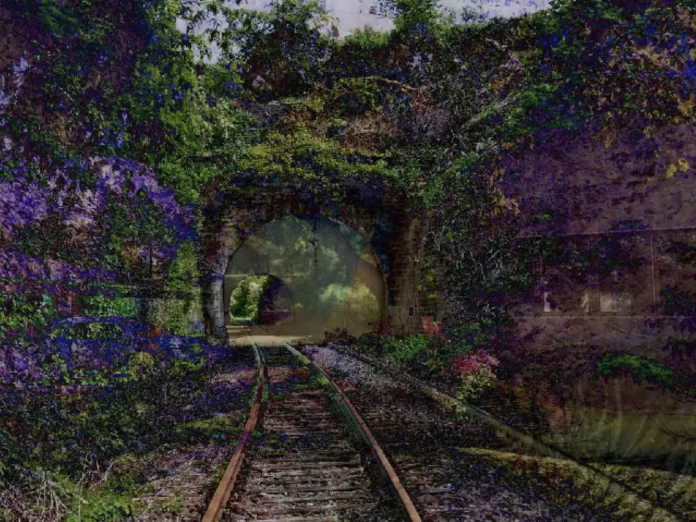
United States District Court Judge Beryl A. Howell declared on Friday that artwork generated by artificial intelligence cannot be granted copyright protection. The office denied Stephen Thaler a copyright for an AI-generated image produced using his Creativity Machine algorithm.
Thaler has made repeated attempts to secure copyright for the image. He intended for it to be categorized as a “work-for-hire.” This arrangement would have designated the AI as the author and Thaler as the owner. Thaler took legal action against the office. He asserted that its denial was both “arbitrary” and “not in accordance with the law.”
Judge Howell held a different perspective. She emphasized that copyright has historically been reserved for creations with a discernible human influence. Howell stressed that the cornerstone of copyright lies in human authorship.
Judge Howell drew parallels to prior legal cases, including the famous instance involving a photograph taken by a monkey. She highlighted a case wherein a woman compiled a book based on writings conveyed to her by a supernatural “voice.” This book was considered eligible for copyright protection.
In addition, Judge Howell acknowledged the forthcoming complexities of AI-generated anything. She noted that the extent of human contribution required for copyright eligibility in AI-generated art raises intricate questions. She also acknowledged that AI models often draw from existing works during their training.
The implications of US copyright law in the realm of artificial intelligence remain uncertain. There are a growing number of legal cases emerging. With AI continuing to grow and become part of our daily lives, we begin to wonder how we will manage it all. Will AI-created songs be able to be copyrighted?





